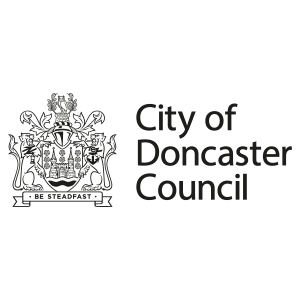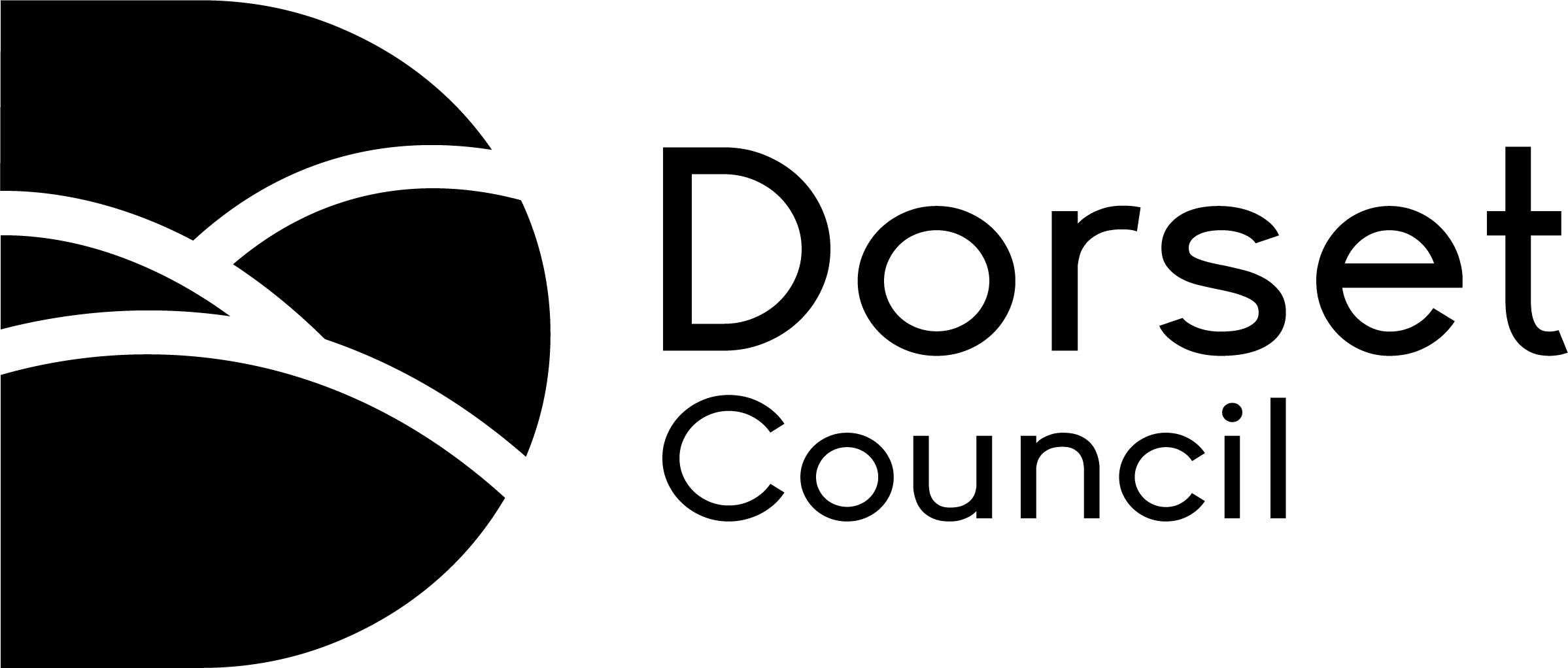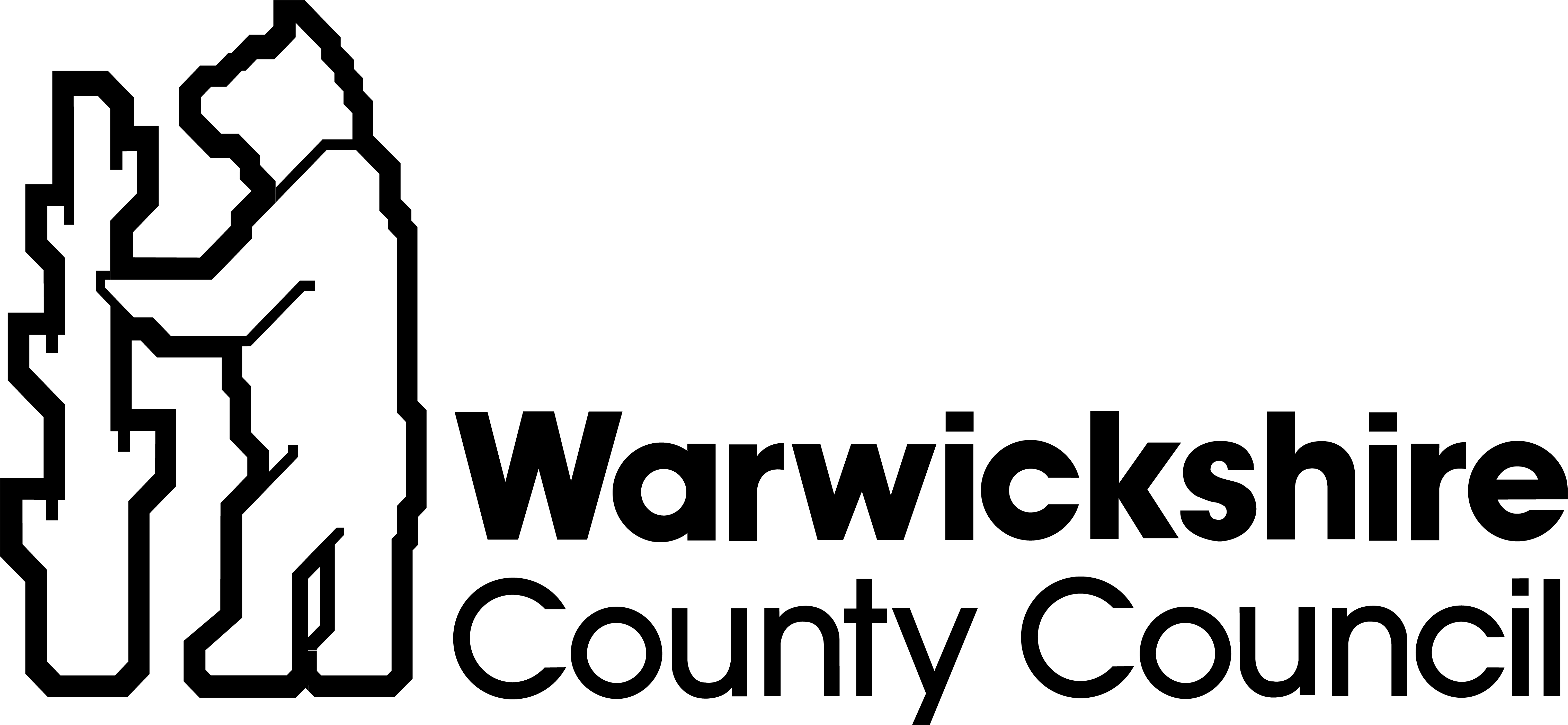A proven way to help neurodivergent people reach their potential.
Evidence-based support for autistic and ADHD people, and anxiety-based mental health. Proven to reduce reliance on services.
Supporting people on waiting lists with timely, tailored help
Brain in Hand helps people manage anxiety and build resilience, reducing crises and the need for reactive care. Our research-driven support is aligned to NICE standards.

improved mental health

improved independence

NHS savings per user annually
Personalised human and digital support, when you need it most
Our specialist coaches work with users 1:1 to identify challenges, build strategies, and foster skills. These personalised strategies live in an easy-to-use app, alongside on-demand support, available when it’s needed most.

It’s not just about the cashable savings. Brain in Hand can reduce the times someone goes to a GP, or ends up in hospital, because they’re managing their own stress levels. That is beneficial to all of us.
Built by people who use it
Over 50% of our team is neurodivergent – we know what makes support meaningful. Our platform is co-designed with users and meets the highest standards of information security, Cyber Essentials & Cyber Essentials Plus certification and NHS DSPT (standards exceeded).
We’ve worked in over 25,000 implementations and have four SBRI Healthcare grants supporting our development.

Clinical studies confirming mental health and independence gains

Cyber Essentials Plus certified and meets NHS DSPT standards

Aligned with NICE quality standards for autism and mental health

Co-produced best practice approach
Let’s improve outcomes together
Join our free, 30-minute live demo to explore a proven way to improve wellbeing and reduce pressure on services

Is Brain in Hand available in your area?
In some parts of the UK, Brain in Hand is already funded by local authorities and health systems. If you live in one of these areas, you could be eligible for support at no cost.
See funded locationsFrequently asked questions
Not sure about something? You're probably not the only one. Check out the answers to our most frequently asked questions below.
Brain in Hand supports people who might otherwise struggle with anxiety, overwhelm, or executive functioning—challenges that often lead to crisis escalation or repeated contact with services. It helps reduce avoidable demand while improving individual outcomes.
By combining structured coaching and on-demand support, users develop routines, manage anxiety, and make confident decisions. This builds self-reliance and reduces dependence on professionals for day-to-day reassurance or problem-solving.
It’s designed for autistic people, people with ADHD, or those who identify as neurodivergent. It’s particularly effective for individuals who:
-
Are at risk of escalating need
-
Are in supported or independent living
-
Are preparing for transitions (e.g. into adulthood or post-discharge)
-
Struggle with emotional regulation or planning
No, it’s a non-clinical, preventative tool that complements statutory services. While many users are known to mental health or social care teams, Brain in Hand is not a replacement for clinical care but can reduce the need for it.
Commissioners report:
-
Fewer calls to emergency services
-
Improved engagement with care plans
-
Faster progress toward independence
-
Greater workforce capacity and reduced cost pressures
All supported by evidence and ongoing evaluation.
Yes. Brain in Hand meets DTAC and NHS digital standards, with robust data protection in place. We prioritise user safety, privacy and accessibility at every step.
Yes. We work with you to align Brain in Hand with your local strategies—whether that’s early help, integrated care, or supported employment. We provide full training and support to staff and stakeholders.
Brain in Hand can be funded via personal budgets, local authority contracts, or health and care partnerships. Delivery is flexible, users are supported by our in-house coaches and responder service, with minimal burden on your teams.
It’s simple. Get in contact with our team and we’ll walk you through how Brain in Hand can support your clients.
























